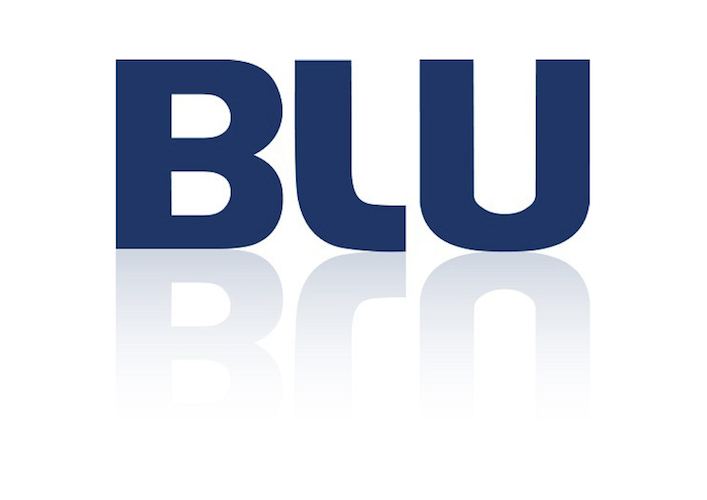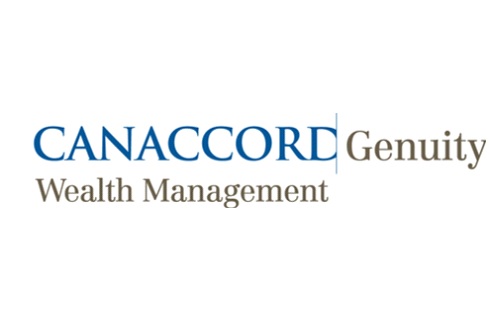This month:
More volatility across asset classes can be expected in the months ahead as geopolitical uncertainty continues and Quantitative Tightening takes hold. Yet there may be selective opportunities, such as in UK and Japanese equities, as QE “withdrawal symptoms” take hold.
Expert investment views:
Interesting trends evolving in equities, commodities and bonds
Quantitative Tightening presages withdrawal symptoms for markets
UK equities present selective buying opportunities
An attractive entry point beckons for Japanese equities
1. Market trends
Insights from:

There really seems little point in making any sort of predictions these days with so many big events and political happenings. But luckily, we do have historical data to keep us company and there are some really interesting trends evolving.
Emerging market equities are due a rebound. It seems hard not to miss, but the world outside of the developed economies has grown quite a bit and now makes up more than 50% of global GDP, with huge growth rates set to further boost them. The massive underperformance in recent years seems wrong.
Emerging market equities are due a rebound. It seems hard not to miss, but the world outside of the developed economies has grown quite a bit and now makes up more than 50% of global GDP, with huge growth rates set to further boost them
The USD has concurrently been strong against, well, pretty much the rest of the world and looks primed for a correction.
Commodities are in a weird place. Metals have stayed in tune with the equities markets, gold has done nothing, and neither have softs. Oil has gone on a big slide and has since rebounded along with everything else. At some point, the energy markets will turn, and it would be wise to stay on the right side of the new trend.
Bonds? Have a look at the US yield curve and you will notice that there is a curve no more. Instead, a flat line exists now, as the short and long end have the same yield. Not a good sign and I say no more.

Christian Armbruester
Chief Investment Officer at Blu Family Office
2. A word on the QT
Insights from:

US markets had their worst December since the Great Depression according to some commentators. Meanwhile, January was one of the best in nearly 50 years for global markets. It’s a strong reminder of why you should not panic after a market tumble.
So, what is driving all this volatility? Fears of Trump trade wars with China and the continuing Brexit saga are not helping. But a big driver is that markets are fretting over Quantitative Tightening – or QT.
The period of Quantitative Easing (QE) is over. But, just as that was unprecedented, so is what must inevitably follow. As one American central banker recently put it: “People have gotten hooked on the opioid of free or ultra-cheap money for over a decade now.” Weaning markets off that opioid will be difficult.
Markets don’t like uncertainty, so expect more volatility in the weeks ahead – especially as there are some tricky binary events coming up, like Brexit and the end of the 90-day reprieve on US China trade tariffs
The new Chair of the Federal Reserve, Jay Powell, seemed to be taking a hard line a few months ago. Many of us were expecting three rate rises this year at least. Now it might be just one. In the space of a few weeks he has gone from a hawk to a dove. Could he pivot again when inflation, and particularly wage inflation, start to rise as expected towards the end of the year?
Markets don’t like uncertainty, so expect more volatility in the weeks ahead – especially as there are some tricky binary events coming up, like Brexit and the end of the 90-day reprieve on US China trade tariffs.
But before you panic, remember the January bounce. Taking some risk off the table can be sensible; removing it completely – especially after you’ve taken a hit – is reckless.

Sarah Goose
Assistant Portfolio Manager at James Hambro & Partners

Top Tip
Savers might think it safer to stay on the sidelines in an uncertain investment environment, but there are compelling opportunities for savvy investors to seek out. A wealth manager will help you drip-feed cash into the markets to maximise your gains in a sensible manner.

Lee Goggin
Co-Founder
3. Upside potential in UK equities
Insights from:

Investors experienced a much better month in January, with global equities up by a little over 4% in sterling terms. While a bounceback was to be expected following on from a poor end to 2018, positive news-flow on US-China trade talks certainly helped. We also saw a sharp upwards move towards the end of the month; the Federal Reserve indicated that the case for raising interest rates was weaker than it had been, buoying investors who interpreted the comments as positive news for valuations.
UK equities put in a slightly weaker performance, up by just under 4%. A fading of global concerns like those above will certainly have helped, and there was also a perception that the UK was stepping back from the risk of a no-deal Brexit. Any significant upwards move will have to wait until there is a way through the current impasse though.
While it is important to look at the balance between domestic and overseas exposure as the risks around Brexit recede, you still need to be selective about the companies you are buying into
While a no-deal Brexit is by no means off the table, Parliament does appear more likely to coalesce around an extension of Article 50 or a softer deal than the current Withdrawal Agreement. For our own part, we have become marginally more positive on the UK. Domestic companies are relatively cheap compared to the rest of the world, and many overseas investors having long since sold their UK exposure. That should leave relatively few sellers left in the market, and plenty of buyers on the sidelines.
No one should expect stellar economic performance from the UK in the short to medium term, however. The UK economy is predominantly driven by consumer spending, and the immediate impact of the Brexit vote was cushioned by consumers’ willingness to spend. That generosity appears to be waning, with the amount of new consumer borrowing falling to its second lowest monthly level since 2014. While it is important to look at the balance between domestic and overseas exposure as the risks around Brexit recede, you still need to be selective about the companies you are buying into.

Sebastian Taylor
Investment manager at Quilter Cheviot
4. Turning Japanese…
Insights from:

Now that the dust has settled a little in equity markets, after the chaotic end to 2018, we are looking at where this has created opportunities to invest in, or reallocate to markets that we believe were oversold.
Trade tensions between US and China seem to have had a broader impact on Asia and so in our opinion, one opportunity in particular has stood out – Japan. Although we do think that if the signing of a trade agreement happens in the not too distant future, this will provide further relief to Asian markets.
Falls in Asia and Japan are broadly similar, with both the Hang Seng and Nikkei around 15% off their 12-month highs. However, the falls in Japan were more pronounced in the latter part of the fourth quarter of 2018, perhaps due to concerns over its trade surplus with the US and the ongoing protectionist rhetoric from Donald Trump. This is unfair as the underlying improvement story in Japan is continuing, with unemployment falling and strong wage growth improving consumption.
With the outlook for global economies more uncertain than they have been for some time, we believe that Japan can offer investors the opportunity to get market access at a much more attractive entry point, with the additional support from the currency (versus sterling) if investors become more cautious to this
With a forward price/earnings on a discount to European and US markets, this has presented the opportunity to position our portfolios with an equity overweight in Japan. The volatility at the end of 2018, also saw a move into yen as a safe haven asset.
With the outlook for global economies more uncertain than they have been for some time, we believe that Japan can offer investors the opportunity to get market access at a much more attractive entry point, with the additional support from the currency (versus sterling) if investors become more cautious to this.
And with the rugby world cup set to kick off in Tokyo in September, we think Japan is a good destination for investors, as well as for rugby fans.

Paul Derrien
Investment Director at Canaccord Genuity Wealth Management
Important information
The investment strategy explanations contained in this piece are for informational purposes only, represent the views of individual institutions, and are not intended in any way as financial or investment advice. Any comment on specific securities should not be interpreted as investment research or advice, solicitation or recommendations to buy or sell a particular security.
We always advise consultation with a professional before making any investment decisions.
Always remember that investing involves risk and the value of investments may fall as well as rise. Past performance should not be seen as a guarantee of future returns.




